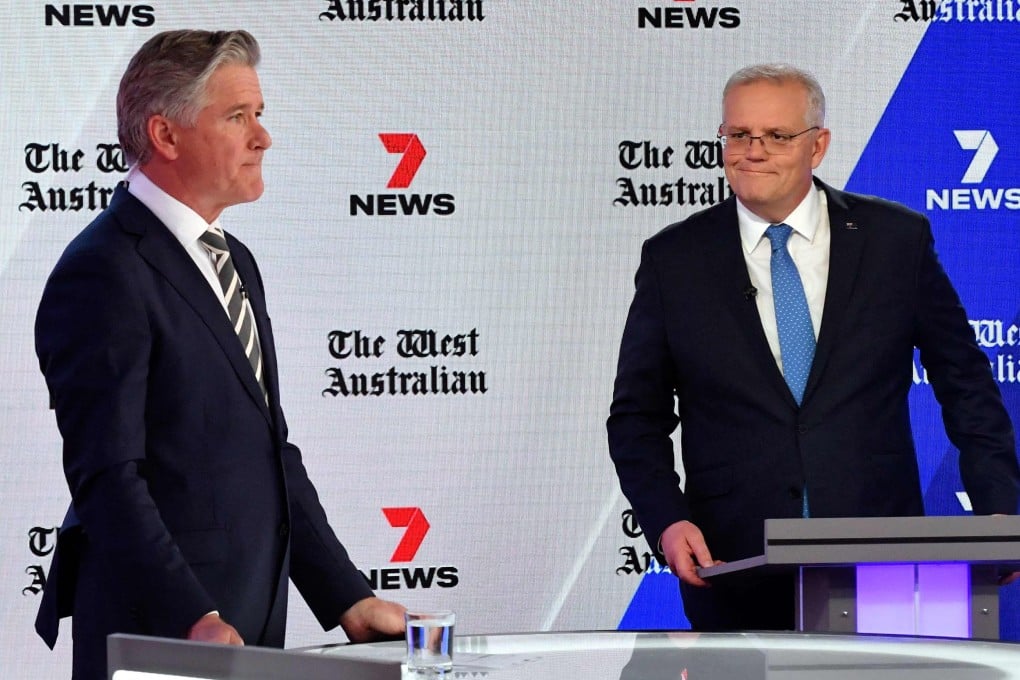As I see it | Australia’s May 21 election: candidates need to focus on policy, not ‘gotcha’ moments and scoring political points
- Australians head to the polls very soon, yet they’ve still not heard proper debates or long-term solutions to the many issues their country faces
- How can it be more productive, without China, as relations deteriorate? What about climate change? And how to tackle the racism some face?

So far all that noise is just mindless distraction from politicians yelling at each other in a bid to score cheap popularity contest points.
Yet, Australians have not seen or heard real policy debates or solid long-term solutions for a better life.
When opposition leader Anthony Albanese brought up the word “productivity” when the election was called about a month ago – and he appears to be the only politician to have done so – I was half excited.
Here was a word that has been gathering cobwebs even though Australia’s productivity has stalled and has been that way for quite a while, since about 2005.
According to Australia’s Productivity Commission, “the decade ending 2019-20 was the worst decade of productivity growth in 60 years”, even after removing the outlier pandemic year.
